TV Anchor, Journalist, & Russian Dissident Diana Makieva: Five Life and Leadership Lessons I Learned From My Experience During The Russia-Ukraine War
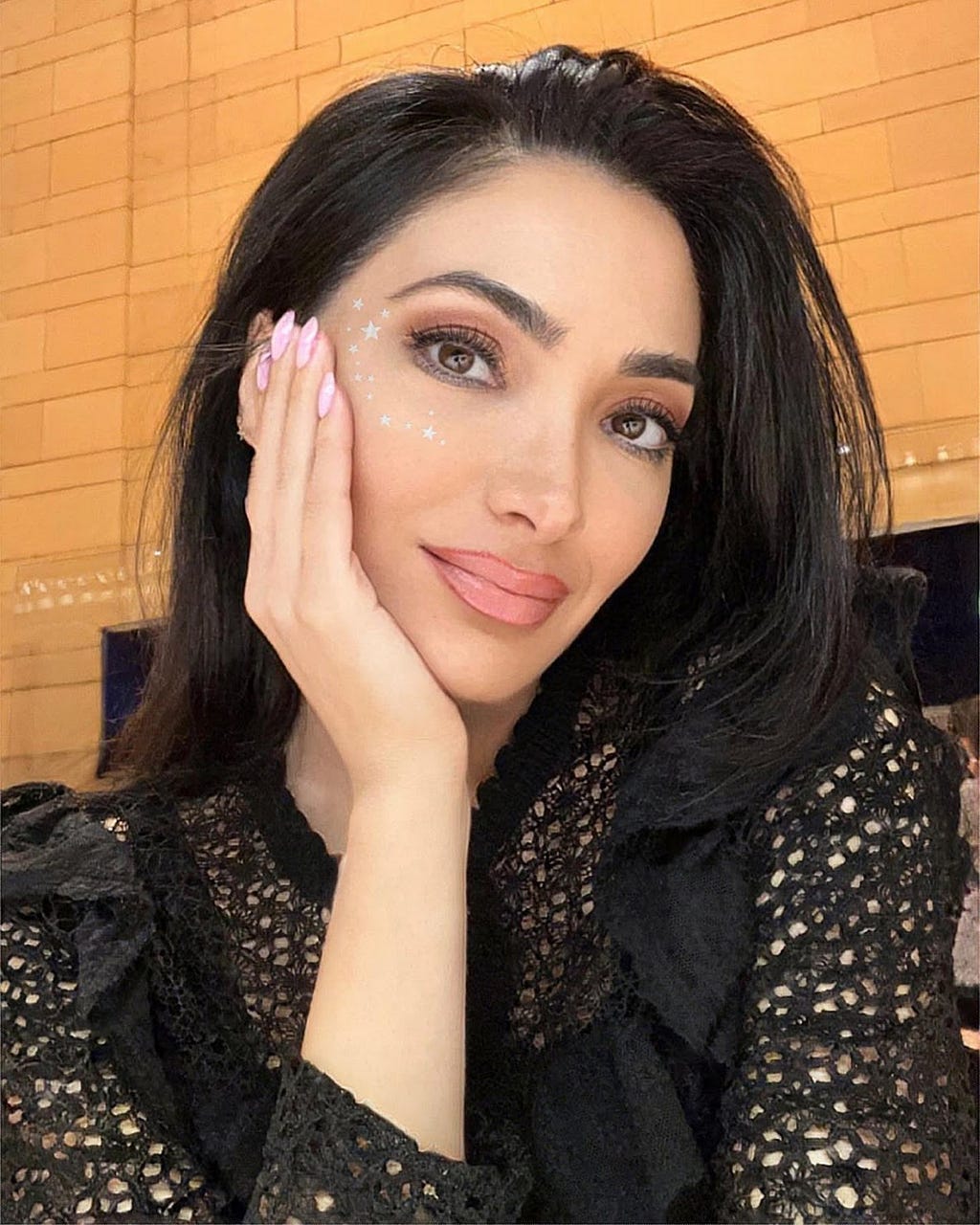
… In both Turkey and Germany, the authorities were hesitant to let me through because I have a Russian passport. Once I reached Mexico City, I stayed for a few days before heading to Tijuana. In Tijuana, I met someone who helped me cross into the United States. We went through the Mexican desert at night and even had to swim across a river. It was surreal — nighttime in the desert, the moon and stars above us, and suddenly we had to swim. In that moment, I knew that staying wasn’t an option; Putin wanted me dead. So I swam.
I had the pleasure to talk to Diana Makieva. Diana Makieva is a journalist, TV editor, and former TV host who has navigated a life of both opportunity and adversity. Originally from Vladikavkaz, Russia, Diana moved to Moscow with her family when she was seven years old. Her life took a significant turn at the age of 10, coinciding with the rise of Vladimir Putin as Russia’s president.
Diana began her career in the Russian media landscape, gaining initial recognition as a TV host for MTV Russia. Her career trajectory changed dramatically following her participation in an opposition event at Red Square in 2012, which led to her termination from MTV and initiated a damaging two-year smear campaign against her. Despite this setback, she continued her career in journalism, briefly working as an editor for another Russian TV channel before it was shut down by government authorities.
In 2017, amidst the conflict in Ukraine, Diana moved to Kiev and restarted her career in journalism. For four years, she openly criticized Putin and Russian policies, working as a journalist at “TV.UA”, “Censorship.Net”, “Mir-info”, press secretary at a Juridical Clinic for Small and Medium Business, and more. She also had stints as a correspondent at “360TV” and as an editor for both “Peretz” and “Che” TV Channels.
Diana’s life took another twist during a 2022 conflict when a visit to Moscow revealed the extent of the threats against her. The FSB, Russia’s security service, reached out to her to “discuss” her articles criticizing Putin, and she received several threats that made it clear her life was in danger. Financial limitations initially held her back from leaving Russia immediately, but eventually, she found a way out.
Her journey to the United States was far from straightforward. She navigated a challenging route that took her through Turkey, Germany, and Mexico City, encountering scrutiny from customs officials due to her Russian passport. Eventually, she crossed into the United States from Tijuana, Mexico, and was granted political asylum.
Today, Diana lives in New York and continues to use her platform to advocate for democratic values and human rights. She calls for sanctions on Russia, aiming to draw attention to the importance of safeguarding democracy and journalistic freedoms. Diana studied Constitutional Law at the Russian State Law Academy and Journalism at the Media Industry Academy, adding academic depth to her real-world experiences.
Yitzi: Diana, it’s a delight and a pleasure to meet you. Before we dive into your story, our readers would like to learn about your childhood and your origin story. Can you share a story of your childhood and how you grew up?
Diana: Thank you very much. I was born in a small Russian city called Vladikavkaz, in the south of Russia. My family is quite simple: I have a mother, a father, and a sister. Nothing out of the ordinary. When I was seven, we moved to Moscow. And then, when I turned 10, Putin became president. That event really changed my entire life.
Yitzi: Wow. So can you share with us the story of how you decided to become a journalist? I understand you have a background in journalism.
Diana: Yes, I worked as a journalist in Ukraine. I lived there for a few years and spent four of them working as a journalist in Kyiv.
Yitzi: Was there a reason you left Russia to go to Kyiv, Ukraine?
Diana: For journalism. But let me share my whole story with you; it’s quite a journey. Twelve years ago, I worked at Russian MTV as a TV host.
In 2012, I took part in an opposition event at Red Square. After that, my MTV boss said they didn’t want to work with me anymore. In addition, producers from MTV and the production company that created my show on MTV didn’t support Putin. And after they aired an oppositional program where they criticized Putin, Putin closed MTV. Following this, a vicious disinformation campaign was launched against me in Russia. They portrayed me as a monster, a stupid, crazy girl. For two years after leaving MTV, I couldn’t find new work because of this smear campaign.
Finally, I found a new job at another Russian TV channel as an editor. We were creating a TV program, but Russian politicians shut down the channel and the program. In 2017, when war broke out in Ukraine, I didn’t support it. So I moved to Ukraine and started working as a journalist in Kiev. I wrote articles criticizing Putin.
When the big war started again in 2022, I was in Moscow visiting my family. I sometimes worked in Ukraine but visited my family in Moscow as well. I didn’t support the war or Putin, and I wrote independent articles against him. After that, I received numerous threats; people said they’d kill me. I also lost my job because of my independent journalism and my articles against Putin.
Then, the Russian security service, the FSB, contacted me. They said they wanted to talk about my articles. They knew I didn’t support the war and that I had written articles against Putin. They told me to come to their main office on Lubyanka Square. In that moment, I felt trapped, like they had caught me like a small rabbit. All I wanted to do was run away. After a few weeks, I left Russia because I realized they’d either kill me or imprison me. Even more disturbing, a few days after that call, someone left a dead chicken under my door at my apartment. That was the moment I knew it wasn’t safe for me; I had to leave Russia.
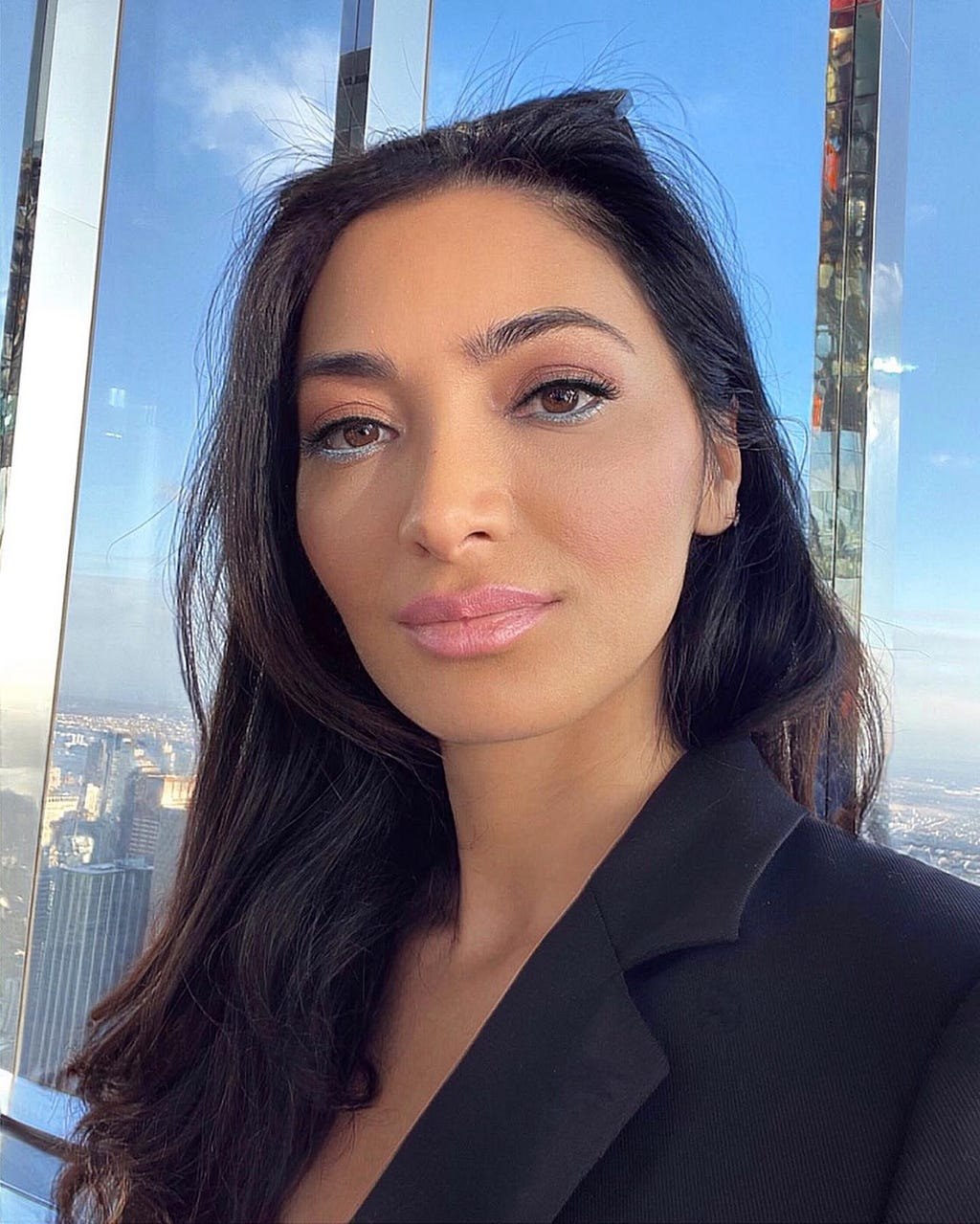
Yitzi: Why didn’t you leave Russia right away when the war started? Was it difficult to leave?
Diana: When the war started, I knew I had to leave Russia. I understood it wasn’t safe for me or for anyone who didn’t support the war or Putin. People like that are in danger in Russia right now. But there was a problem — I didn’t have any money. I realized that I couldn’t leave Russia just like that because I didn’t have the funds. It’s expensive to immigrate to the U.S., and I needed a few months to save up enough money to make it happen.
Yitzi: How did you come to the US? Did you just fly to New York, or was it a bigger adventure?
Diana: First, I went to Turkey and stayed there for a few days. After that, I flew to Mexico City via Germany. In both Turkey and Germany, the authorities were hesitant to let me through because I have a Russian passport. Once I reached Mexico City, I stayed for a few days before heading to Tijuana. In Tijuana, I met someone who helped me cross into the United States.
We went through the Mexican desert at night and even had to swim across a river. It was surreal — nighttime in the desert, the moon and stars above us, and suddenly we had to swim. In that moment, I knew that staying wasn’t an option; Putin wanted me dead. So I swam.
When I finally reached the American border, I asked for political asylum. After arriving in New York, I found my friend Stanley Smotritsky, who is a lawyer. He helped me apply for political asylum here.
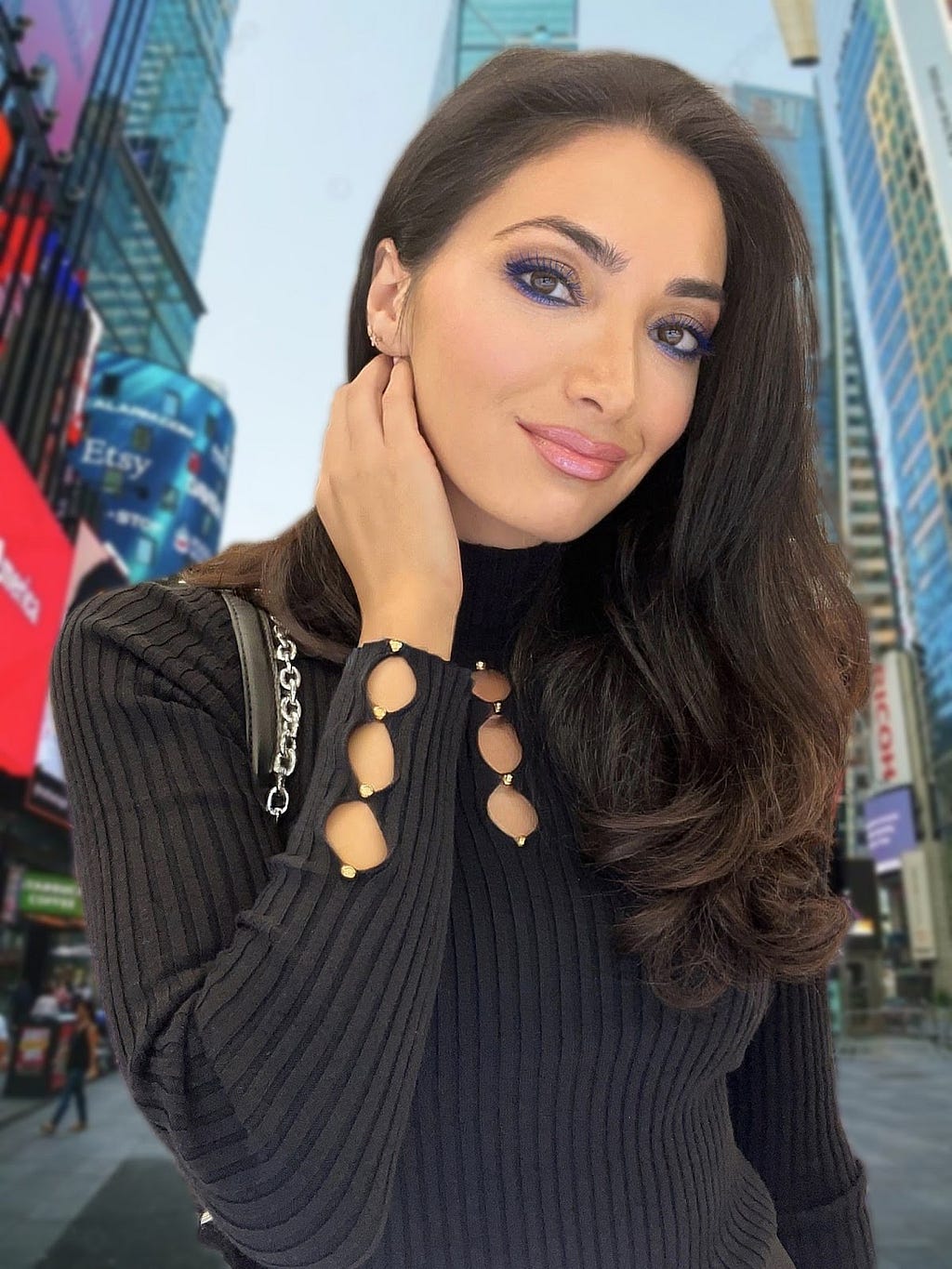
Yitzi: Wow. That’s an amazing story. You must be very brave. Are you able to speak to your family? Can you contact them?
Diana: My family doesn’t support me; they actually dislike me. They’re behind Putin and the war. My mom even told me that someone like me should be in prison. So, no, she doesn’t back me up.
Yitzi: What about your sister?
Diana: My sister feels the same way, and so does my father. I’ve been living in New York for eight months, and my dad has never called me. Not even once. My mom calls sometimes, and my sister will answer if I call her, but none of them support me. They don’t like that I live in New York because they’re on Putin’s side.
Yitzi: So what’s the reason you’re different from your family? How are you able to see that the war is wrong when your whole family supports it?
Diana: That’s a good question, and honestly, I don’t really know why. When I moved to Ukraine, they didn’t support me then, either. They dislike Ukraine because they watch Russian TV all the time. Maybe it’s because my sister’s husband is a wealthy man who benefits from Putin’s system. So he supports Putin, and my sister does too. My mom backs my sister because she has a rich husband. They’re comfortable in Russia because they have money and a good life. But when I was living in Russia, it was awful. They never supported me. I even tried to commit suicide, and still, they didn’t support me. When Russian propaganda portrayed me as a monster, they agreed. My mom even said, “If the propaganda says you’re a monster, maybe you really are.” Our parents can be complicated people. I know my English isn’t perfect, but I think you get what I’m saying.
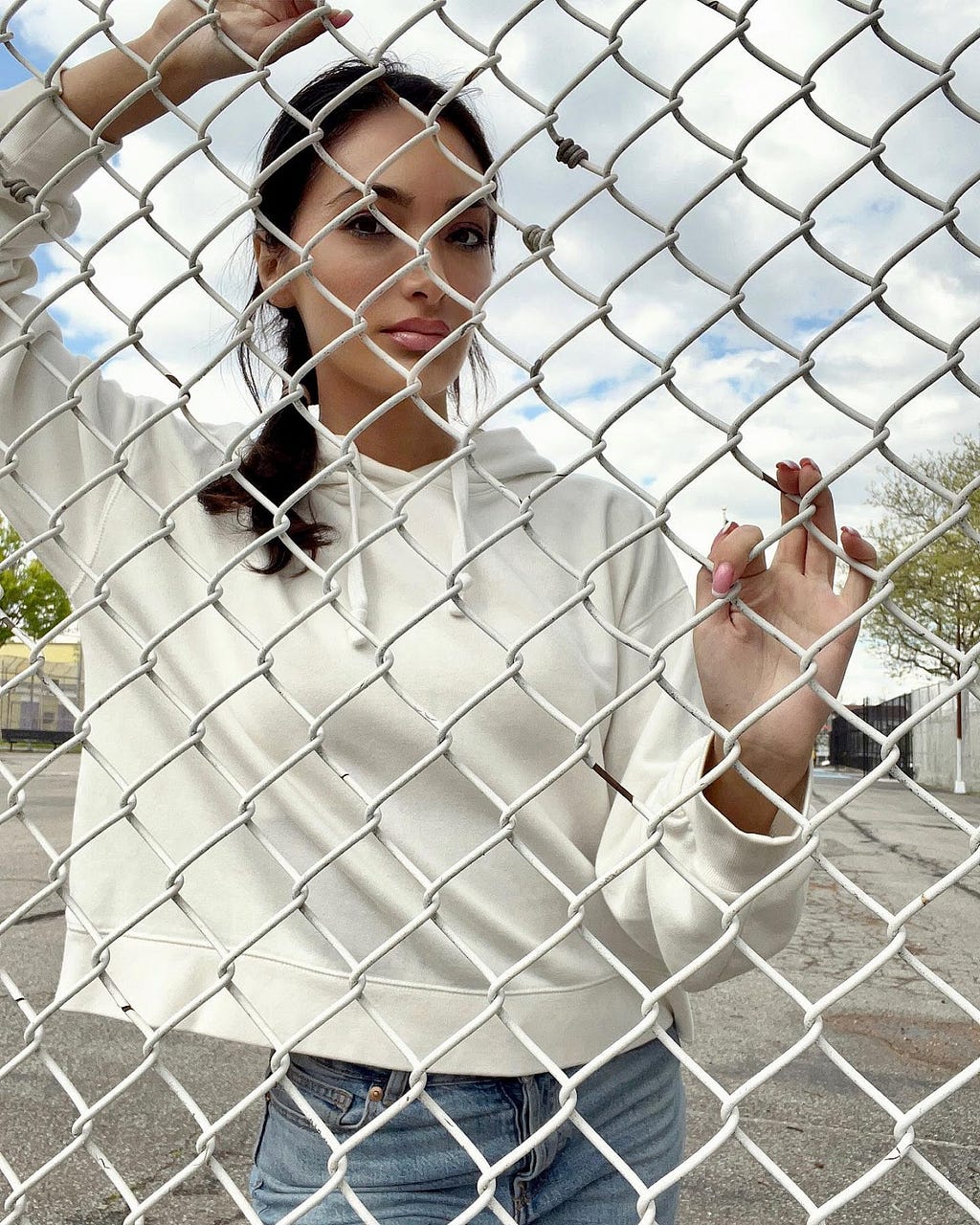
Yitzi: I’m sorry to hear that it’s been tough for you. Thank you for sharing. You’ve been in the United States for about 7 or 8 months now. How has your experience been? What are you up to these days?
Diana: Right now, I have a job working as a model in a jewelry store. It’s a fun job. But my ultimate plan is to work as a journalist here. My English isn’t that good yet, so I can’t be a journalist right now. I plan to get an American education to help me with that. I’m waiting for my asylum hearing, which could take a few months or maybe even years. In the meantime, I’m learning English. I really like New York, and I love Americans; they are very nice people. I’m so happy I moved here. It feels like my country, you know? I spent 30 years in Russia, but it never felt like home. I never really understood the Russian mentality.
Yitzi: Do you have friends here? Are you alone or do you have a community supporting you? Is there a Russian community in New York that’s helping you?
Diana: I actually don’t want friends from Russia. I’m not racist or anything; I’m just a little tired of Russians right now. I have American friends, really good people. I also plan to work with Americans, but for that, I need to improve my English. I have a few American friends here in New York, and I’m not looking to have Russian friends or work with Russians. I think I’m just really tired of being around Russians if that makes sense.
Yitzi: Do you feel safe here in the US, or do you worry that Putin could try to harm you even here? Can you sleep peacefully, or are you always on edge?
Diana: That’s a good question. I know who Putin is, very well. Although I may look like a model, I’m actually an independent journalist from Russia. I understand that the cost of my mistakes could be my life. But here in New York, I do feel safe. I have faith in the FBI. So, while I know the kind of person Putin is, I still feel safe here in New York.
Yitzi: Wonderful, let’s move on to the main part of our interview. Given your unique and tragic experiences, could you share a story of heroism related to the war? Either someone who helped you or something you witnessed as a journalist. We’d love to hear a story of heroism about the war.
Diana: Yes, I do know a famous story of heroism from the war. When the war started, Russian ships surrounded a Ukrainian island called Zmiinyi. The Ukrainian border guards on the island didn’t have any weapons. The Russian soldiers told them they had to surrender. But the Ukrainian guards responded, “Russian warship, go f*ck yourself”. Even without arms, they stood their ground. This story is well-known, and I think it’s truly amazing.
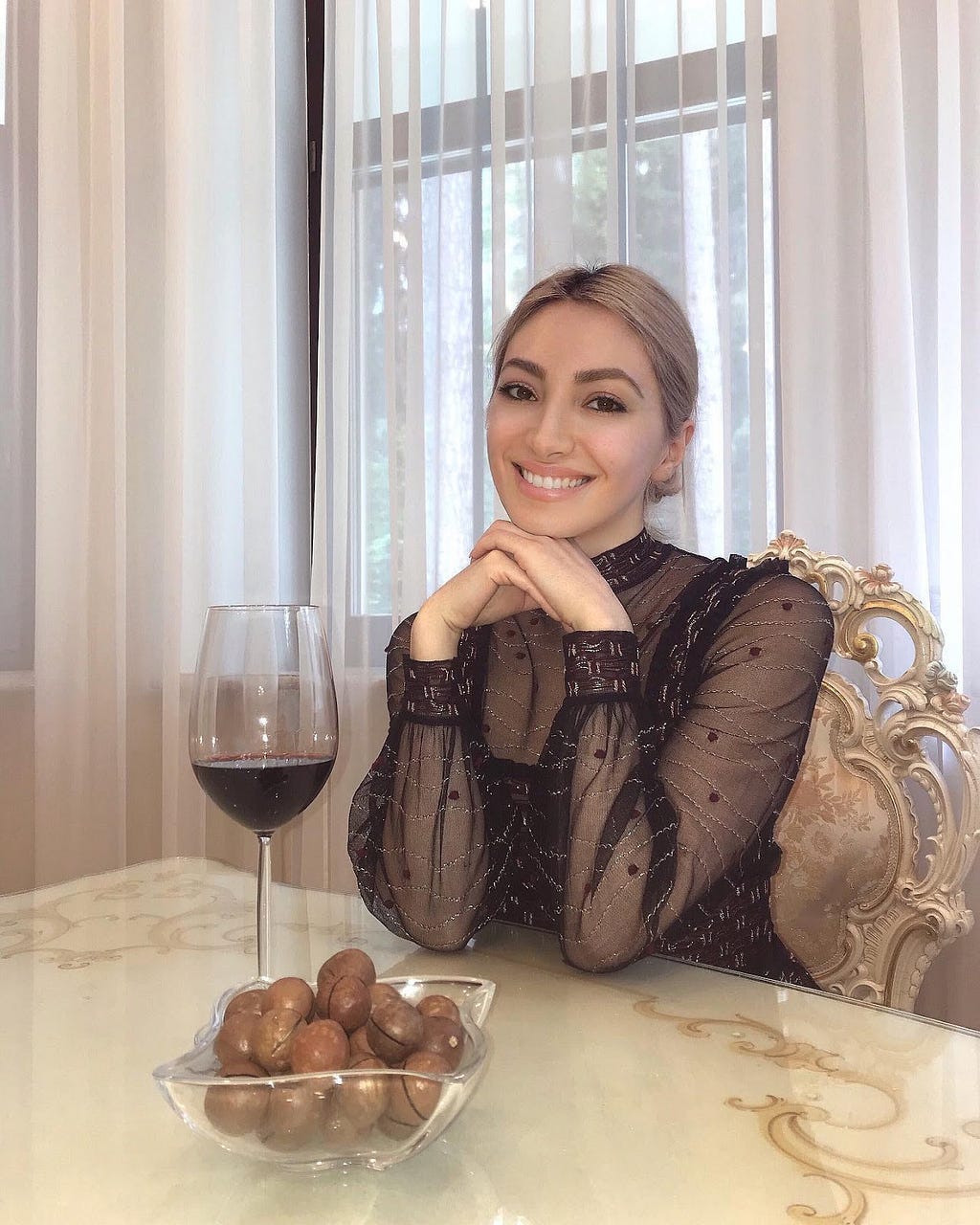
Yitzi: Based on your experience and what you’ve seen, could you share five lessons about being a good leader that we could learn from the war? What are some lessons of leadership that we could glean from these circumstances?
Diana:
- I think the first lesson is that, even if you’re afraid, you must fight.
- Second, you need to be strong.
- Third, you shouldn’t worry too much about what people say; you should speak your truth.
- In Russia, the fourth lesson is you must communicate with people in a way they understand, you have to be direct.
- And finally, if someone doesn’t want to respect you, you should make it so they have no choice but to respect you.
Yitzi: What could our readers do to help refugees like you who were displaced because of the war? This includes both people fleeing Putin in Russia and Ukrainians fleeing the war.
Diana: I want to help people from Russia, like me, who are seeking asylum in the U.S. People often reach out to me for advice, and I try to help them. I also assist refugees from Ukraine. Sometimes I send money to those in need back in Ukraine.
Additionally, I want to support people who have survived suicide attempts. This is really important to me because I’ve had two suicide attempts in my life.
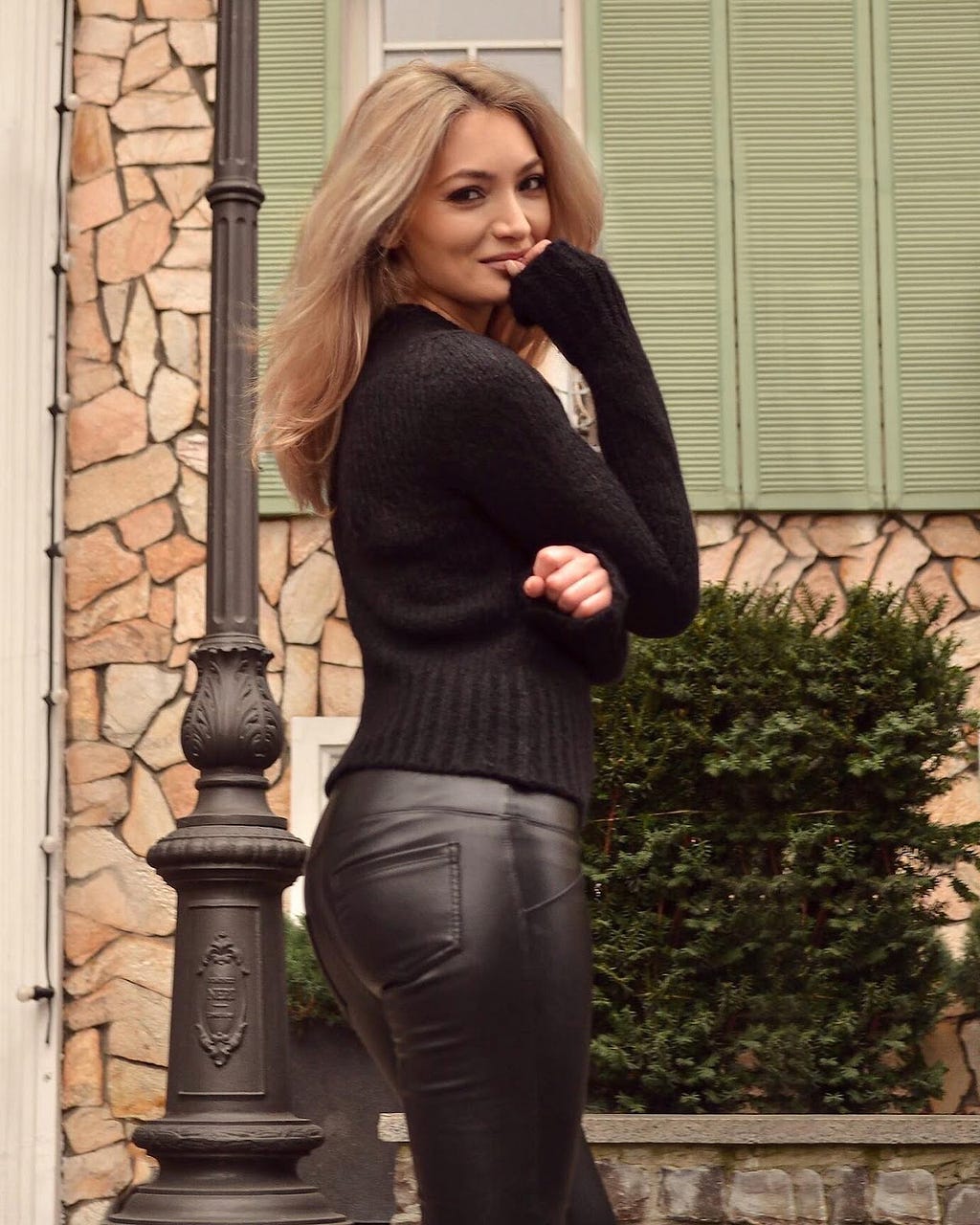
Yitzi: I’m so sorry. Was this because of how they treated you?
Diana: Yes, absolutely. You see, I’m an independent journalist from Russia. Living in Russia for such a long time, I’ve had my share of struggles. I’ve even ended up in the hospital because of severe depression. I’ve had two suicide attempts, all because the Russian government and their propaganda ruined my life. It’s hard — hard for men and even more so for women. I think you get what I’m saying.
Yitzi: I’m really sorry for what you’ve been through. I hope that in the US you’re treated with the kindness and empathy you deserve. Thank you for sharing your story. Now, we have what we call our “matchmaker” question. We’re lucky that prominent leaders in business and entertainment read this column. Is there a person in the world, or in the US, whom you’d like to have lunch with, work with, or speak to? We could tag them on social media and maybe make a connection for you.
Diana: That’s a wonderful question. I greatly admire former Secretary of State Condoleezza Rice and Hillary Clinton. Now, I don’t generally support any politicians, so this isn’t about politics. This is about my respect for strong, intelligent women. All my life, I’ve looked up to Condoleezza Rice and Hillary Clinton because they are both incredibly strong and smart. What could be better than to have such amazing role models who are also women? I would love to meet either Condoleezza Rice or Hillary Clinton. They are fantastic, strong women, and I really admire that.
Yitzi: Wonderful. Well, thank you. It’s been so nice to meet you.
Thank you so much. Thank you.
TV Anchor, Journalist, & Russian Dissident Diana Makieva: Five Life and Leadership Lessons I… was originally published in Authority Magazine on Medium, where people are continuing the conversation by highlighting and responding to this story.